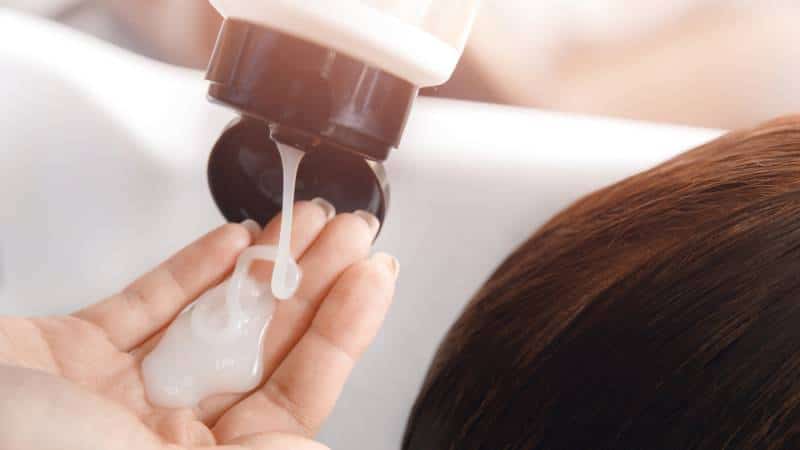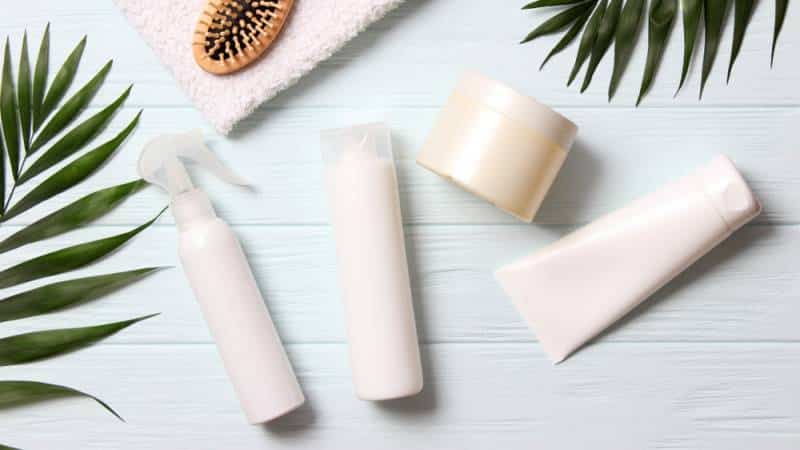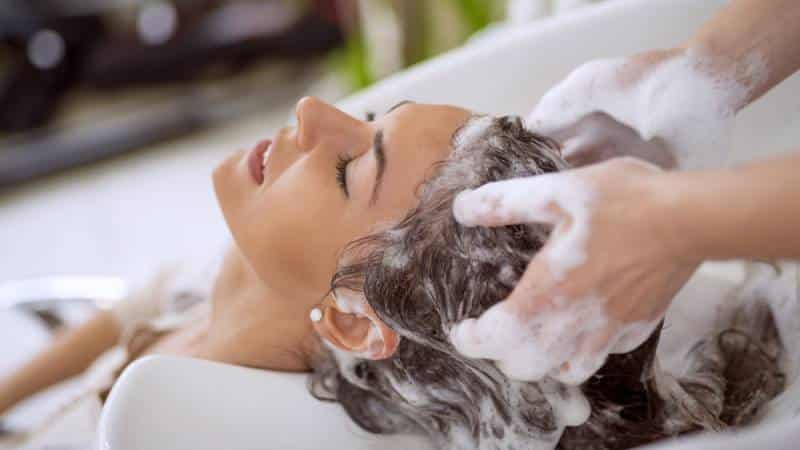When it comes to hair care, there are a lot of myths and misconceptions floating around. One of the most common is the idea that co-washing is always better than shampooing. In reality, the truth is a little more complicated than that. Here’s a look at the pros and cons of both co-washing and shampooing, to help you decide which is right for your hair care routine.
Read on to learn more about co-washing vs shampooing.

What is a Co-wash?
Co-washing, or conditioner washing, is a method of cleansing your hair with conditioner instead of shampoo. Many people believe that this is a gentler way to cleanse the hair, as it doesn’t strip away the natural oils that keep the hair healthy.
There are a few different ways to co-wash your hair. One is to simply use conditioner in place of shampoo, and rinse it out as usual.
Another method is to use a cleansing conditioner, which is a product that’s specifically designed for co-washing. These products usually have a slightly different texture and feel than regular conditioners, and they’re often enhanced with additional ingredients to help deep clean the hair.
| Pros of Co-washing | Cons of Co-washing |
|---|---|
| – Co-washing can be a great option for people with dry or damaged hair, as it’s much gentler on the hair than shampooing. – Co-washing can also be beneficial for people who have curly or textured hair, as it can help to reduce frizz and add moisture. | – One of the biggest drawbacks of co-washing is that it doesn’t always thoroughly cleanse the hair. – If you have oily hair or live in a humid climate, you may find that your hair starts to feel greasy much sooner after co-washing than it does after shampooing. – Co-washing can also leave behind build-up on the hair, which can eventually lead to scalp irritation and dandruff. |

What is the Shampoo Method?
Shampooing is the traditional way of cleansing your hair, and it involves using shampoo to remove dirt, oil, and build-up from the hair and scalp. Shampooing can be done daily or as needed, depending on your hair type and how often you wash it.
There are a few different types of shampoos available on the market, and each one is designed for different hair types. For example, there are shampoos that are specifically formulated for oily hair, dry hair, or sensitive scalp.
| Pros of Shampooing | Cons of Shampooing |
|---|---|
| – Shampooing is the traditional way to cleanse your hair, and it’s still the most effective method for thoroughly removing dirt, oil, and build-up from the hair and scalp. – Shampooing can also help to control frizz and add shine to the hair. | – One of the main disadvantages of shampooing is that it can strip away natural oils from the hair, which can leave it feeling dry and brittle. – Shampooing can also be harsh on color-treated hair, causing the color to fade more quickly. |

What is the Difference Between Co-washing and Shampooing?
The main difference between co-washing and shampooing is the way that they cleanse the hair. Shampoo uses detergent to strip away dirt, oil, and product buildup from the hair. This can be harsh on the hair and can leave it feeling dry and brittle. On the other hand, conditioner is designed to moisturize and protect the hair, so it can actually help to keep the hair healthy.
When you co-wash your hair, you’re essentially just using conditioner to cleanse your hair. This means that you won’t be stripping away any of the natural oils that keep your hair healthy. As a result, your hair will likely be less dry and brittle after co-washing.

Things to Consider When Choosing Shampoo or Co-wash
There are a few factors to consider when deciding whether to use shampoo or co-wash on your hair.
Your Hair Type
One of the most important factors to consider is your hair type. If you have dry or damaged hair, co-washing may be a better option for you, as it’s much gentler on the hair. If you have oily hair or live in a humid climate, shampooing may be a better choice, as it will more effectively remove dirt and oil from the hair.
Your Hair Care Routine
Another factor to consider is your hair care routine. If you only wash your hair once or twice a week, you may want to use co-wash more frequently, as it won’t strip away natural oils from the hair as much as shampooing will. If you wash your hair daily, you may want to use shampoo more often to help control oil and build-up.
Your Budget
Another consideration is your budget. Co-washing can be cheaper than shampooing, as you don’t need to buy separate products for cleansing and conditioning. Shampooing can also be cheaper in the long run, as you may not need to wash your hair as often.
Your Personal Preferences
Ultimately, the decision of whether to use shampoo or co-wash is a personal one. You may want to experiment with both methods to see which one works better for your hair type and lifestyle.

So, Which is Better for Your Hair Care Routine? Co-wash or Shampoo?
The answer may surprise you…
The truth is, there’s no one-size-fits-all answer to this question. It really depends on your individual hair type and needs. If you have dry or damaged hair, co-washing may be a better option for you. But if you have oily hair, or live in a humid climate, shampooing may be the better choice. Ultimately, it’s up to you to experiment with both methods and see which one works best for your hair.
Do you co-wash or shampoo your hair? Let us know in the comments below!


